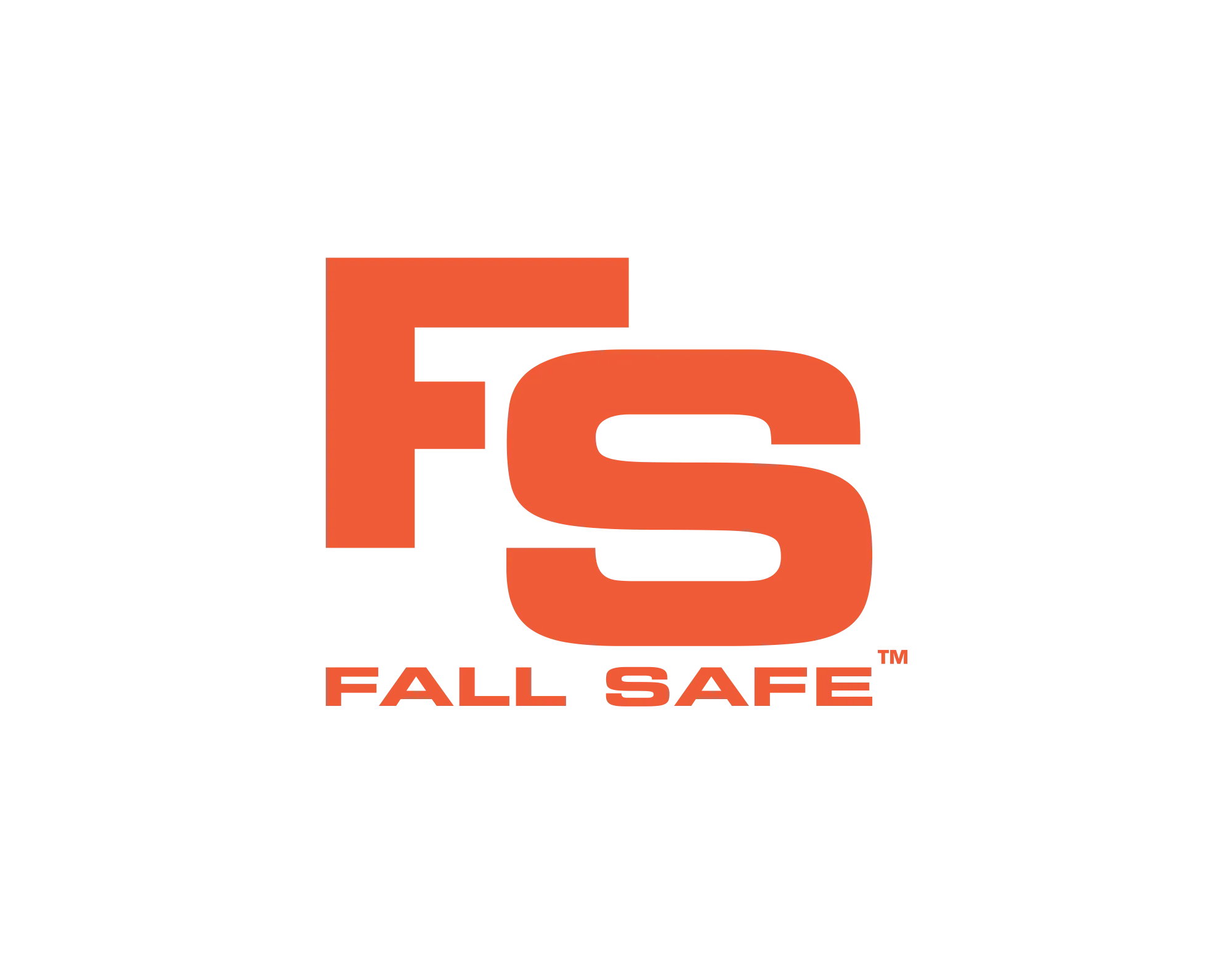ISEA Recommends Against Blanket Exemptions to OSHA's Fall Protection Regulations
- Mon 24th January 2011
- Washington, DC
"This basic principle, that protection needs to be provided equally to all workers, argues against exempting certain classes of workers or occupations from fall protection rules where there are technological feasible, practical, and affordable means of preventing fall injuries," said Dan Shipp, president of ISEA.
In testimony at a Jan. 18 public hearing in Washington, D.C., the International Safety Equipment Association (ISEA) stated its position that fall protection should be provided to everyone whose work exposes them to a fall risk. ISEA President Dan Shipp and Fall Protection Group Chairman Bob Apel, fall protection business manager for MSA, testified on behalf of ISEA and answered questions from an OSHA panel and other participants.
ISEA noted that OSHA holds employers responsible for ensuring that workers won't fall and suffer injuries or death. "This basic principle, that protection needs to be provided equally to all workers, argues against exempting certain classes of workers or occupations from fall protection rules where there are technological feasible, practical, and affordable means of preventing fall injuries," Shipp said.
Shipp questioned why there should be blanket exemptions based on training, the work environment, or the type of work being done. For example, the outdoor advertising industry maintains an exception for qualified climbers who are allowed to use fixed ladders without fall protection to get to work platforms on billboards. ISEA said others have sought an exemption from the rules for workers who have to inspect or assess workplace conditions before maintenance or repair work is performed.
"A fall risk is a fall risk," Shipp said. "And exemptions from the rules should be examined on a case-by-case basis and not broadly established in the regulatory text."
